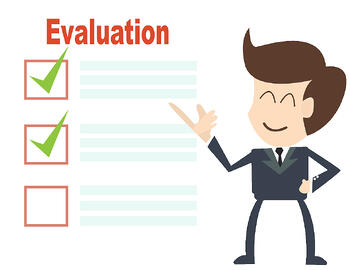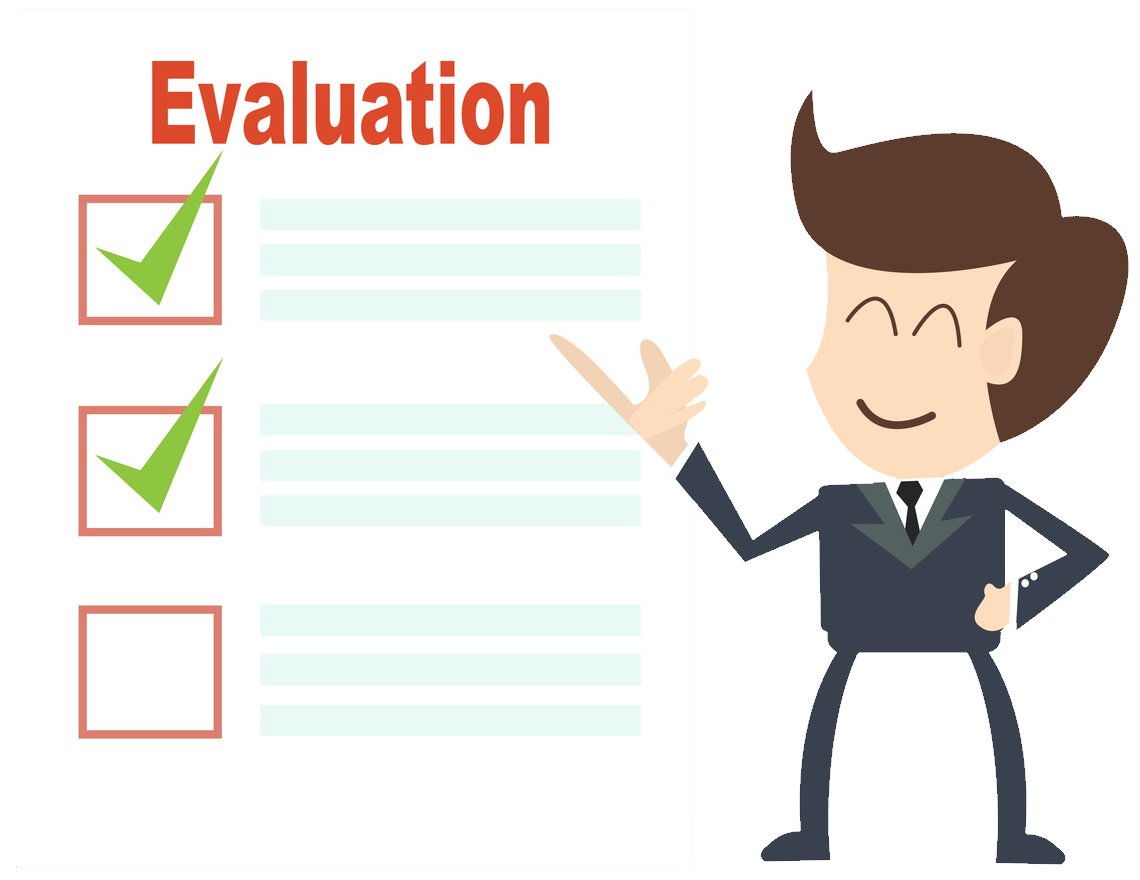Assessing Results from an ROI Based Approach to Sales Training
Being accurate about the “return" is even more important than being accurate about the “investment.”
More than likely, you’ve kept careful track of how much time, effort, and money went into training everyone for this new market environment. Corporate finance probably also has ascertained the overall expense of the undertaking. In order to be fair to all parties, measuring the return demands the same kind of rigor. It’s tempting to assign revenue that may be “borderline”, but it’s also counterproductive. For the same reason that “miscounting” golf strokes doesn’t work—no one really gets better by overstating the results of his/her efforts. So rather than “enhancing” the results, let’s go with a sober clear-eyed analysis of what can be attributed to the undertaking. There will always be room for improvement in the next cycle!
The quality and quantity of the results both matter!
Mere numbers will not tell the whole story. There will be a lot of anecdotal evidence that should be included in your assessment. In the long run, the qualitative aspects of any improvement in performance will be more valuable than one might think. Numbers tell an obvious story but not the whole story. In addition, the qualitative component is an “annuity” that will continue to pay benefits to you and your salespeople way beyond the sales cycle currently in question.
Check in with your pre-existing and new clientele.
 You should be able to ask your most trusted and valuable clients if they’ve seen any improvement from their point of view. They may or may not be spending more money with you for a variety of reasons, so once again, look beyond the bottom line here. Most people love to share positive stories, so you should tailor your inquiry in that fashion. Simply ask your key clientele if they feel as they have benefited from the relationship with your salesperson or sales team over the past cycle. If the response is an emphatic “yes”, then you’ve got additional justification for the initial investment of time and money.
You should be able to ask your most trusted and valuable clients if they’ve seen any improvement from their point of view. They may or may not be spending more money with you for a variety of reasons, so once again, look beyond the bottom line here. Most people love to share positive stories, so you should tailor your inquiry in that fashion. Simply ask your key clientele if they feel as they have benefited from the relationship with your salesperson or sales team over the past cycle. If the response is an emphatic “yes”, then you’ve got additional justification for the initial investment of time and money.
Do your salespeople feel more accountable?
If they haven’t come forward with an answer to this question already, then ask them! This is the manager’s “report card”—no one should expect greater accountability unless it is explicitly requested if not demanded. After a full sales cycle, there’s no grey area here. As always, there will probably be a range of responses, so it’s the consensus that will tell you how well you conveyed the objective as the manager
Are your KPIs truly useful on a daily basis?
A really effective KPI dashboard should become indispensable, much like our smartphones or our personal computers. Sure we did business before they were invented, but now that we have them, we can’t live without them. Does that describe the set of KPIs that you established at the beginning of the sales cycle? If not, take some time to assess and refine those that are crucial and relevant, and get rid of the ones that aren’t. Remember, your KPIs should be working for you everyday!
Were specific goals achieved for selling any new and additional platforms?
Expanding everyone’s skill set is what drove this commitment in the first place…along with everything else, did the team secure the most lucrative part of the mission? Success in selling the new platforms builds confidence and experience that carries over to enhanced performance with the original one. Reaching these specific goals will make future goal setting for all platforms a much more “holistic” process. Getting to that next level will guarantee even more growth in the return on that original investment!

About the Author
 Buff Parham is a widely recognized thought leader and outstanding coach in the media sales and sales management field. With 35 years of sales experience, Buff has worked at Univision, FOX, Belo, ABC and CBS. He started in the mailroom at CBS, but quickly moved on to selling locally at KABC/Los Angeles and nationally for ABC Spot Sales in San Francisco, Chicago, and New York. Buff then continued on to spend almost 12 years with Univision, first as General Sales Manager at KUVN/KSTR in Dallas, and then 5 years in New York as SVP/Sales.
Buff Parham is a widely recognized thought leader and outstanding coach in the media sales and sales management field. With 35 years of sales experience, Buff has worked at Univision, FOX, Belo, ABC and CBS. He started in the mailroom at CBS, but quickly moved on to selling locally at KABC/Los Angeles and nationally for ABC Spot Sales in San Francisco, Chicago, and New York. Buff then continued on to spend almost 12 years with Univision, first as General Sales Manager at KUVN/KSTR in Dallas, and then 5 years in New York as SVP/Sales.
Buff believes that hard work matters and that raising the bar and having greater expectations tend to generate greater results. In his spare time, Buff finds cooking and playing golf to be two of the best therapies for a somewhat hectic existence!
Connect with Buff via LinkedIn
Check out Buff’s Blog www.BuffParham.com
Follow @BuffParham
About Steve Bookbinder
Steve Bookbinder is the CEO and sales expert at DMTraining. He has delivered more than 5,000 workshops and speeches to clients all over the world and has trained, coached, and managed more than 50,000 salespeople and managers. Steve continuously refreshes his training content to reflect his latest first-hand observations of salespeople across industries and regions. Through him, participants in his workshops and coaching sessions learn the best practices of today’s most successful sellers and managers across industries. Steve understands that sales is a competitive game. To outperform competitors and our own personal best results, we need to out-prospect, out-qualify, out-present and out-negotiate everyone else, not merely know how to sell. Through his specialty programs in Pipeline Management, Personal Marketing, Great First Meetings, 2nd-level Questioning, Sales Negotiating, and Sales Coaching, Steve trains sales teams to master the skills they need to overcome the challenges they face in today’s world… and keep improving results year over year.




